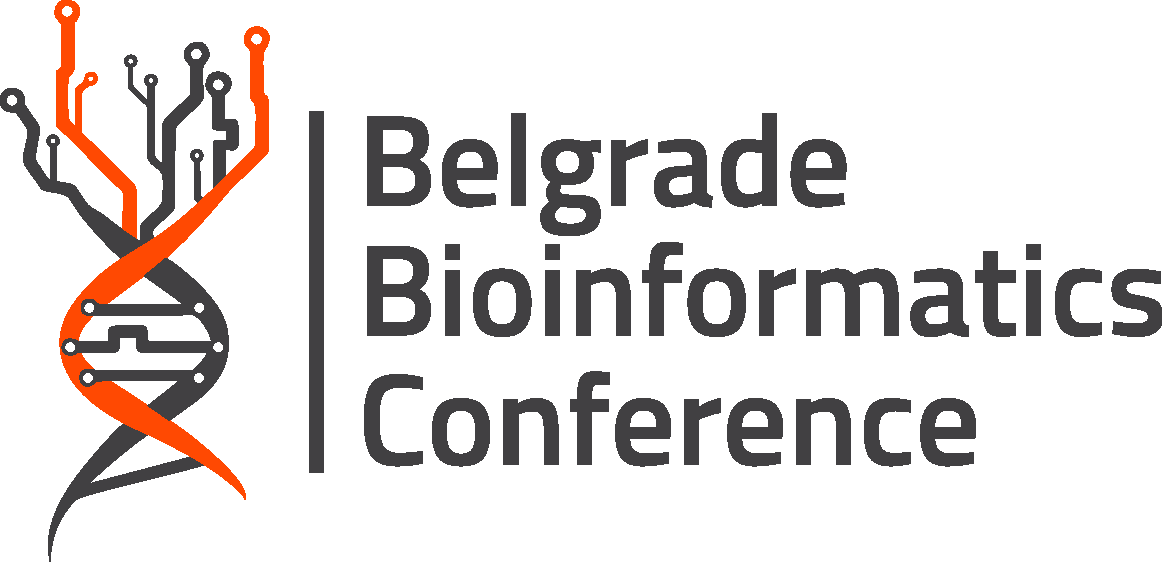Yolshin Nikita*, Varchenko Kirill, Komissarov Andrey, Lioznov Dmitry
Smorodintsev Research Institute of Influenza, Saint-Petersburg, Russia
Nikita.yolshin [at] gmail.com
Abstract
The global COVID-19 pandemic, which began in 2020, has claimed the lives of over 7 million people by conservative estimates. It is now evident that the novel coronavirus will become a seasonal virus, yet it continues to evolve, with antigenically novel and more contagious variants triggering new waves of the epidemic. Monitoring the emergence and spread of new variants is crucial, as the findings of such research impact decision-making, vaccine development, therapeutic strategies, and their implementation. Polymerase Chain Reaction (PCR) offers a rapid and cost-effective solution to this challenge.
Many significant variants’ genomes carry unique insertions and deletions, which have proven to be convenient targets for developing RT-PCR assays. Our in silico work began in the early days of concerning variant emergence, with detection assays ready by the time new SARS-CoV-2 variants were imported into the country. To select optimal targets—unique insertions and deletions for variant-specific assays—all relevant variant sequences from the GISAID database were aligned using the MAFFT program. Relative substitution frequencies for each lineage were calculated based on amino acid substitution and insertion/deletion annotations using Python language and Pandas and Numpy libraries. Subsequently, multiple oligonucleotide sets were designed, and the most specific, sensitive, and effective PCR assay was chosen for implementation.
Unique insertions and deletions were proposed for the detection of SARS-CoV-2 lineages and variants: a deletion in the ORF1ab gene (SGF3675del, 11288–11296) for Alpha lineage detection, an insertion in the S gene (insN679KGIAL, 23573-23584) for AT.1 lineage, a deletion in the S gene (156-157EFdel, 22029-22034) for Delta lineage, an insertion in the S gene (Ins214EPE, 22205-22213) for the Omicron BA.1 subvariant, and a deletion in the N gene (ERS31del, 28338-28346) for Omicron lineage (all subvariants).
The developed assays may prove useful in the future for detecting yet-to-exist variants or determining the future seasonal SARS-CoV-2 or its variants.
Keywords: SARS-CoV-2, qPCR, mutations, insertions, deletions

